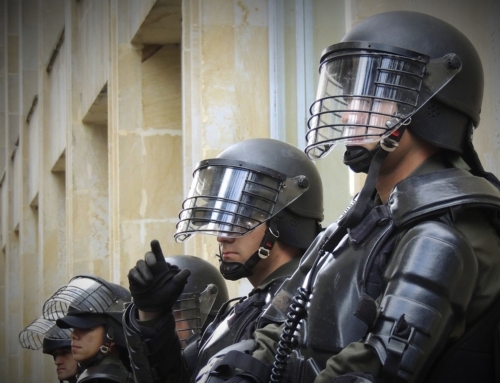
No one who prays the Lord’s Prayer will be able to skip over the distinctive feature of Christianity. In fact, it is this fundamental tenet of our faith that sets Christians apart from every other religion:
“Forgive us our trespasses as we forgive those who trespass against us.”
This profound and shocking ethic has, for twenty centuries, flowed like a river out of the pierced Heart of Jesus from Calvary, the very place where He Himself prayed for those who put Him to death (Luke 23:34).
Every martyr from St. Stephen in the Acts of the Apostles (Ch. 7) to the modern day victims of Islam, prays this prayer of forgiveness.
- Forgiveness breaks the cycle of violence inherent in the human condition;
- Forgiveness frees the victim from the emotional slavery of never-ending resentment and desire for revenge;
- Forgiveness provides a path to healing for the perpetrator, even though this is often ignored or rejected.
We don’t pretend that this is an easy ethic to follow. It is not, even when the offenses against us don’t reach the level of martyrdom. Still, an innate sense of Justice runs very deep within the human spirit, and when Justice is violated in any kind of offense against us, we feel it deeply.
Which is why we all need to learn and practice the ethic of forgiveness. Most especially, we need to ask for the grace to be able to forgive because it is not a natural human trait. God will give this grace to any who ask.
Offenses against Christians, and above all, offenses against basic human dignity, are rampant in our society now. And we can expect them to increase as the powerful elites aid and abet the lawless elements among us to continue the damage.
May we ask our Lord Jesus Christ for His saving grace to flow from Calvary into our hearts, and may we learn to forgive our enemies and pray for our persecutors.
As the aphorism goes: “To err is human, to forgive is divine.” Yes.


